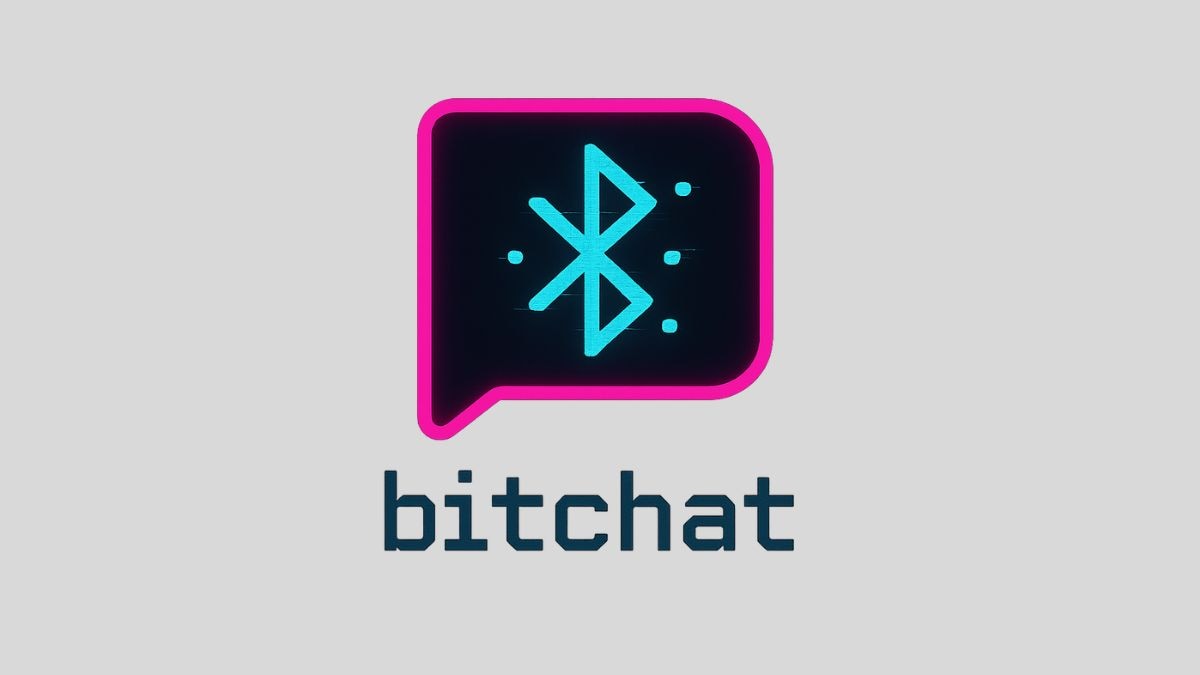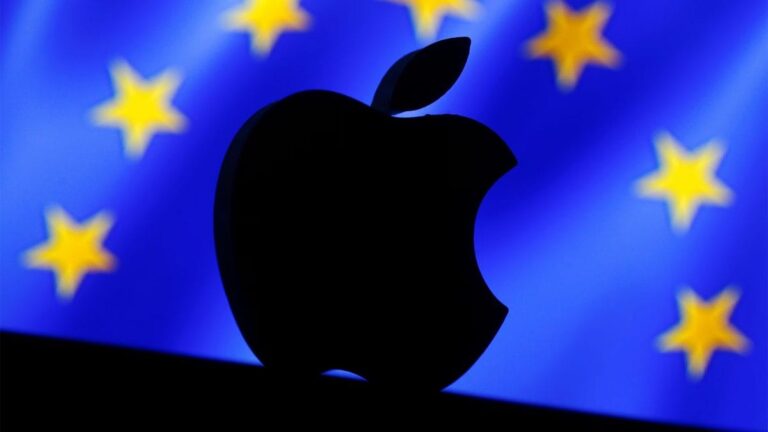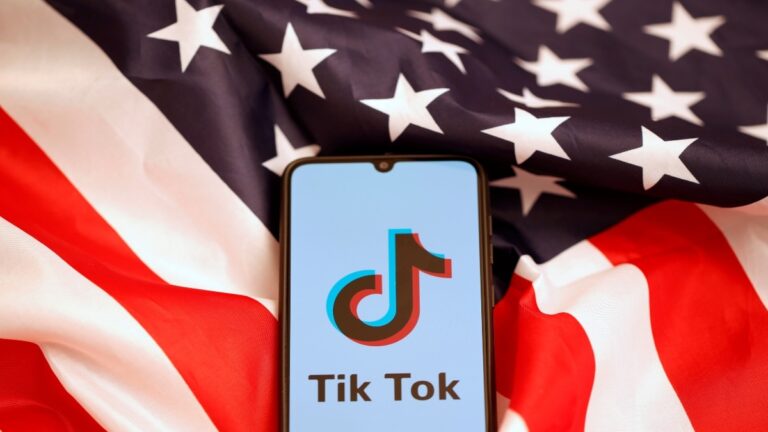Jack Dorsey has launched a new messaging app that works without using the internet.
The app, called Bitchat, has been built by the Twitter co-founder and CEO of Block.
Notably, it runs using Bluetooth and allows people to send messages directly to each other.
The app has been made to continue working even if internet access is blocked.
ALSO READ |
Thanks to AI, hackers can create phishing sites in just 30 seconds
So, what exactly is this app, and how does it work?
Here’s a look:
What is the Bitchat messaging app?
Dorsey announced on Sunday that the beta version of Bitchat is now available on TestFlight, along with a detailed white paper on GitHub.
Bitchat is a new peer-to-peer messaging app that works using Bluetooth mesh networks. It does not require internet, central servers, phone numbers or email addresses, CNBC reported.
In a post on X, Dorsey described it as a personal experiment exploring “Bluetooth mesh networks, relays and store and forward models, message encryption models, and a few other things.”
The app allows nearby devices to send encrypted messages to each other.
my weekend project to learn about bluetooth mesh networks, relays and store and forward models, message encryption models, and a few other things.
bitchat: bluetooth mesh chat…IRC vibes.
TestFlight: https://t.co/P5zRRX0TB3
GitHub: https://t.co/Yphb3Izm0P pic.twitter.com/yxZxiMfMH2— jack (@jack) July 6, 2025
As users move around, their phones form local Bluetooth groups and pass messages along, reaching others even outside normal range. This works without Wi-Fi or mobile networks.
Built for short-distance messaging, Bitchat lets devices share messages that are both encrypted and temporary.
It offers an option in places with poor or no internet, where apps like WhatsApp may not work.
Dorsey says messages can travel up to 300 metres, or 984 feet, by bouncing through other users. Some devices can link separate groups, helping messages move across wider areas.
Notably, messages are only stored on users’ phones, disappear by default, and never pass through central servers. This fits Dorsey’s focus on privacy and resisting censorship.
The app’s launch continues his work on projects like Damus and Bluesky, which aim to make social media and digital payments less centralised.
Similar to Bluetooth apps used during the 2019 protests in Hong Kong, Bitchat is built to work even during internet shutdowns or surveillance, giving people a way to stay connected, the report said.
Bitchat also offers group chats, called “rooms”, which can be named using hashtags and locked with passwords. It includes a feature that saves messages and delivers them later if someone is offline.
An upcoming update will add WiFi Direct, helping boost both speed and distance. This pushes Dorsey’s larger aim of building private, user-controlled tools that work without relying on big tech.
Unlike apps like WhatsApp or Messenger, which are run by large companies and depend on personal data, Bitchat is fully peer-to-peer.
It does not require any account, identifier or data collection.
When will it be released?
Soon after Dorsey shared the TestFlight link for Bitchat, all 10,000 beta spots were taken.
Along with the beta version, he also posted links to the project’s GitHub page and what he called “an ugly whitepaper describing protocol.”
The whitepaper describes the app as: “(…) a decentralised, peer-to-peer messaging application that operates over Bluetooth Low Energy (BLE) mesh networks. It provides ephemeral, encrypted communication without relying on internet infrastructure, making it resilient to network outages and censorship.”
By removing servers from the equation, Dorsey hopes to offer people a more private way to message, possibly encouraging bigger platforms to adopt similar tools.
He mentioned on X that the app is currently under review before its official release.
It is still uncertain whether the idea will gain attention or remain a niche tool for those who are more tech-savvy.
For the unversed, Dorsey is the CEO of Block, which is a financial technology company he co-founded.
It owns Cash App and Square. The company offers mobile payment services for users and also provides point-of-sale hardware and software for businesses.
























